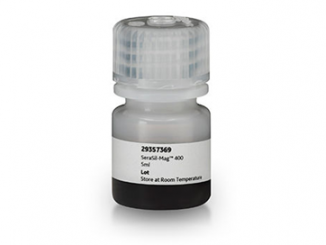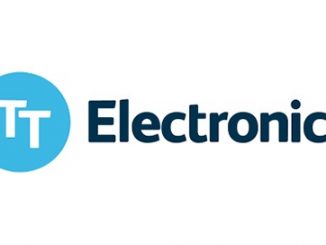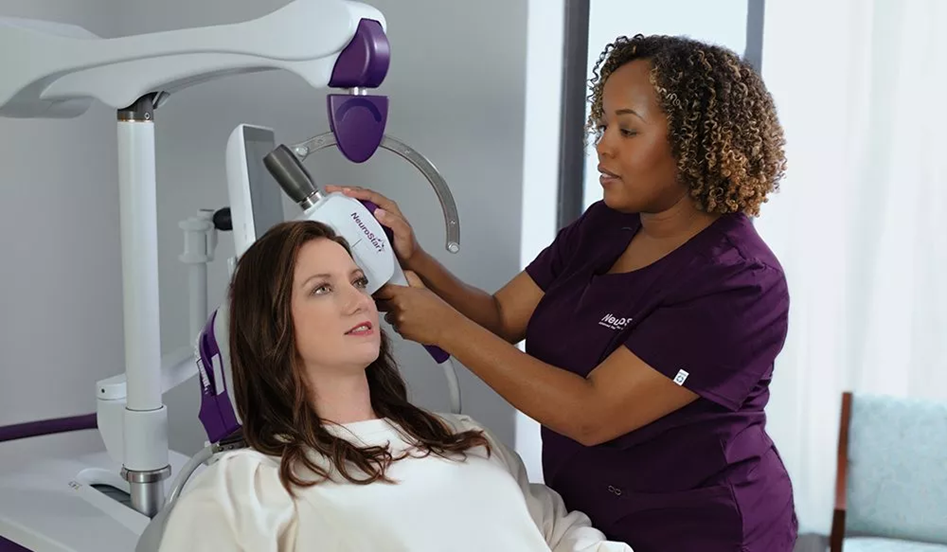
In the rapidly growing market for transcranial magnetic stimulation (TMS) treatment of depression and other mental health issues, the proposed merger of equipment provider Neuronetics and clinical services provider Greenbrook TMS aims to create a new vertically integrated company with widespread reach. At the heart of the Neuronetics system is its trademark Figure-8 coil for precisely focusing the magnetic pulse treatment. In August, the two companies announced they have agreed to merge in a deal they expect to close during the fourth quarter of this year.

“This transaction brings together two of the leaders in the mental health space in the U.S., which will allow us to provide access to innovative care to patients suffering from mental health conditions. Leveraging the significant scale and capabilities of the two businesses, we can drive increased awareness of NeuroStar, consistently deliver best practices, facilitate improved reimbursement on a regional and national level, and provide additional services and training opportunities to all of our customers which can improve their business operations,” said Keith Sullivan, President and Chief Executive Officer of Neuronetics, which is based in Malvern, Pennsylvania.

“This transaction combines two organizations who share a common mission to better care for the growing number of patients who are suffering from mental health conditions, many of whom are poorly served by medication alone,” said Bill Leonard, President and Chief Executive Officer of Greenbrook, headquartered in Toronto. “By combining Neuronetics’ innovative NeuroStar platform as well as their education and training expertise, with Greenbrook’s well established practice operations and support capabilities, we believe the combined company can improve care at Greenbrook’s existing sites and, just as importantly, at any practice across the country that is looking to bring the benefits of NeuroStar to their patients.”
Combined revenues for the two companies is about $145 million with the merger approximately doubling the size of each. Neuronetics’ executive management team will continue with the combined company, and the executive leadership team will be joined by key Greenbrook leadership team members including Bill Leonard, Greenbrook’s current President and Chief Executive Officer, Peter Willett, Greenbrook’s current Chief Financial Officer, and Dr. Geoffrey Grammer, Greenbrook’s current Chief Medical Officer.
Neuronetics systems are positioned as a non-drug, noninvasive treatment for people suffering neurohealth problems such as major depressive disorder (MDD) and anxiety conditions when traditional medication hasn’t helped. The equipment is FDA approved and covered by many medical insurers.
It is also FDA-cleared as an adjunct for adults with obsessive-compulsive disorder and for adolescent patients aged 15-21 with MDD.
From its headquarters in Toronto, Greenbrook operates 130 treatment centers for TMS, also for Spravato (esketamine nasal spray), both FDA-cleared, non-invasive therapies for the treatment of MDD and other mental health disorders, in the United States. Spravato is administered to adults with treatment-resistant depression and depressive symptoms in adults with MDD with suicidal thoughts or actions. Greenbrook has provided more than one million treatments to over 30,000 patients struggling with depression.
TMS therapy provides local electromagnetic stimulation to specific brain regions known to be directly associated with mood regulation. Recently, Health Canada approved TMS after it showed strong results from some 1,500 clinics in the U.S., likely creating a significant growth opportunity for the combined enterprise in Greenbrook’s native country.
MDD is a serious mental health condition that causes a persistent low mood, loss of interest in activities, and other symptoms that interfere with daily life. Neurostar systems from Neuronetics have delivered more than 6.4 million treatments for MDD in adults. There are specific areas in your brain that control mood, the company explains. When synapses in those mood-regulating areas are underactive, connections are broken and depression can result. NeuroStar is designed to revitalize those dormant synapses, “waking up” the brain to function as it was meant to.
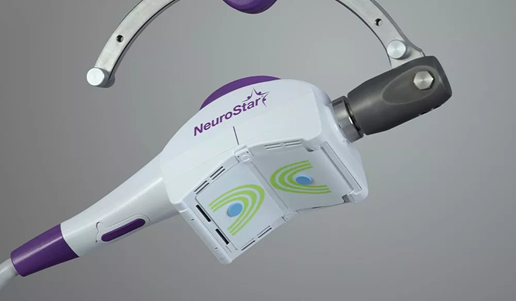
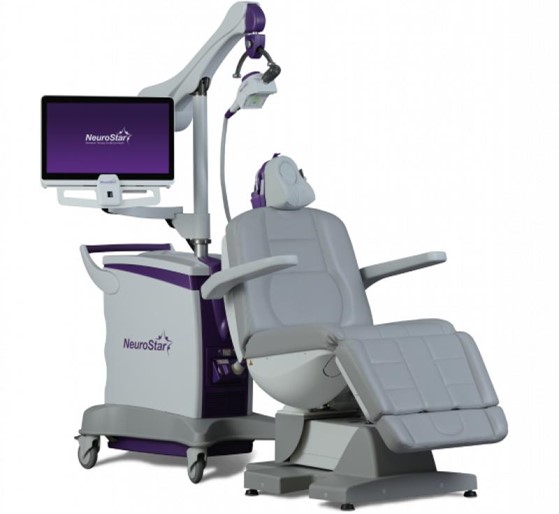
For more info, see www.neuronetics.com, www.greenbrooktms.com.


